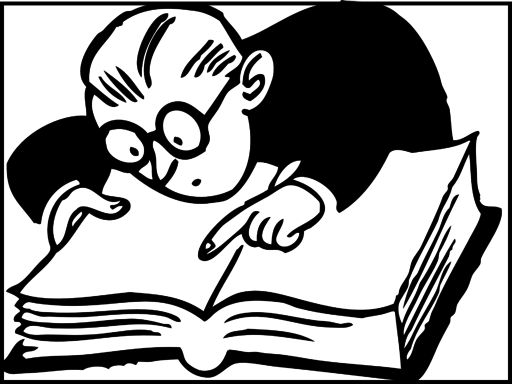
How to Study a Novel
Do you feel a bit overwhelmed at the idea of studying a novel? Perhaps you’re returning to education after a long period of time, or you’ve never been a natural reader. The solution is to break the process of understanding and appreciating a novel into manageable steps. Here is a handy guide on how to complete those steps so that you feel confident about tackling any essay question with ease…
1. Research
Doing some research on the background of your novel will greatly enhance your understanding of the characters, themes and plot. First, find out about the writer: you can do this by reading a biography or by searching for newspaper and web articles. This will help you to appreciate the writer’s purpose, and the message he or she has tried to convey through their work. Then, do some research on the time period in which the novel is set: find out about the political, social and economic conditions of the day.
2. Read
Your first reading of the novel should focus on reading only, rather than starting off by taking a lot of notes. Take time to think about the characters, and to form opinions about their behaviour. Question what you are reading and try to predict what may happen next. Make sure that your reading time is undisturbed that you can fully concentrate on absorbing the story, and don’t be afraid to take breaks.
3. Read again, creating notes
The second reading of the novel should involve creating a study of all the main aspects of the story. First, create a timeline of events that occur throughout the book, so that you have a clear record of how the story unfolds. Then, compile character studies of each of the main characters, adding to them as you read. For example, in the first chapter, you are likely to be introduced to the protagonist. Write down your first impressions about the kind of person they are alongside some quotations that demonstrate particular qualities. Add to this as you progress through the novel. You should also identify the themes, and make some notes on how these themes are presented in the novel, again including quotations. Examples of themes are: revenge, love, the tragic nature of war, chaos and order, death, darkness and light, greed as a person’s downfall, and so on.
4. Evaluate
Find some examples of essay questions related to your novel, ask your teacher or tutor to set you some questions, or create your own topics for debate about the story and its characters. Then, comb through your notes to find material that will allow you to answer the questions, adding further evidence in the form of quotations and explanations of parts of the novel as you go along. Having compiled your answers in note form, write essay style answers to your questions. Ask your teacher, tutor, peers or classmates to give you feedback on your work, and use this to improve your answers. The more often you do this, the more polished your answers will become – and the better the grade you will be able to achieve!